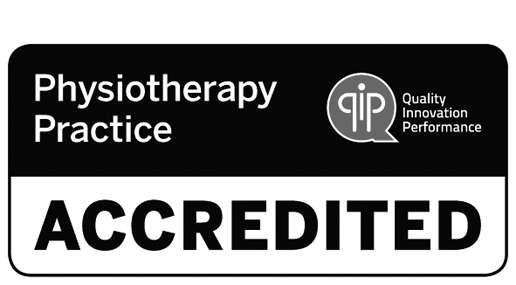Painfree Sex After Childbirth
Key Messages
- 83% of women have sexual problems 3 months after childbirth, and 64% have ongoing problems at 6 months1
- Only 15% of women with problems report discussing it with their healthcare professional1
- It is important to ask women about sexual pain and dysfunction after delivery, so that it can be effectively treated
- Sexual problems can be treated with education, physiotherapy and sexual counselling
Sexual dysfunction after childbirth is incredibly common, with nearly two thirds of women experiencing sexual problems six months after delivery1. Physical and psychosocial factors both play a role in its development. Unfortunately, only 15% of women with sexual problems reported discussing it with their healthcare professional1 which is very sad as it can be successfully treated!
What Causes Sexual Dysfunction After Childbirth?
Physical factors, such as perineal trauma or hormonal changes associated with breastfeeding leading to vaginal dryness and loss of libido, can lead to dyspareunia. However, psychosocial factors also play a significant role.
Dr Danielle Wilkins, Obstetrician and Director of Maternity Services at Cabrini Health, believes “the majority of the problem is anxiety and body image changes. The anxiety is about it hurting - I do a Pap smear for 75% of my postnatal women and they are ALL amazed that it doesn't hurt. They think that the pain of vaginal birth will recur with any penetration. I think that this is a really important learning point for them.”
Dr Wilkins also highlights “the other major stepping stone, and this is especially for breast feeding mums, is that they almost feel like their body belongs in a way to their baby, and almost isn't theirs to share. “
“This is one part of the body image 'problem', the other part is the concern about all the physical changes with weight gain, abdominal muscle stretch, stretch marks, and anxiety about how their vagina and perineum now look.” Dr Wilkins’ opinion is supported by numerous research reports outlining the significant psychosocial contribution to this condition.
How Can Sexual Problems Be Treated?
There are many simple and effective treatments for sexual problems after childbirth. A biopsychosocial approach is important, as the psychosocial contribution to this problem is significant, but often overlooked.
Helpful treatment techniques include:
- Education about the use of lubricant if breastfeeding
- Education about expectations regarding fatigue and relationship changes
- Referral to a pelvic floor physiotherapist for education about expectations regarding post natal return to sex, normalisation of anatomical changes, scar tissue stretching and desensitisation exercises, and pelvic floor muscle training (strengthening or relaxation exercises)
- Referral to a psychologist or psychotherapist specialising in sexual counselling
The Importance Of Screening, Early Identification And Treatment
The best outcomes are achieved if these problems are identified and treated early. Sexual problems are highly complex in nature, and if left untreated, a pain and dysfunction cycle begins. This can lead to increased anxiety, relationship breakdown, and tissue sensitisation, making effective treatment much more difficult down the track.
It’s so important that all health professionals who see women after pregnancy routinely screen for sexual pain or dysfunction, so that appropriate referrals can be made and the best outcomes are able to occur.
References
1 Barrett, G., Pendry, E., Peacock, J., Reader, C., Thakar, R., & Manyonda, I. (2000). Women’s sexual health after childbirth. BJOG, 107(2), 186-195.
February 2017
We provide management solutions for a range of Pregnancy and Postnatal conditions.
Learn more.





